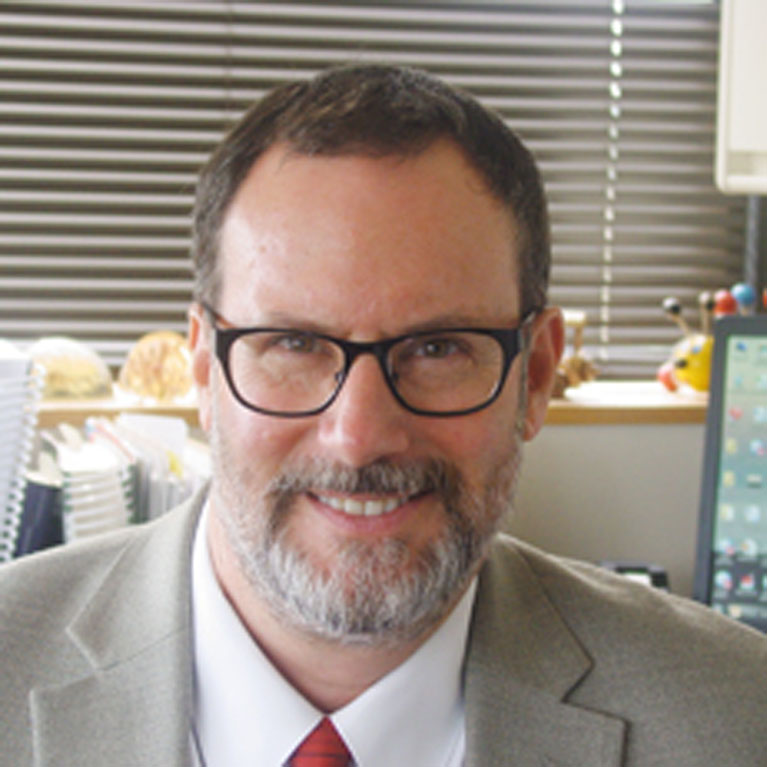Infants & Children (IC) Pediatric Traumatic Brain Injury
This is a free training course intended for service providers in Michigan's public service agencies, including Community Mental Health Services Providers, Department of Human Services, MI Choice Waiver Agents, Area Agencies on Aging, Special Education professionals, and anyone who serves people with brain injury.
This course is presented in four modules. You must successfully complete all four modules in order to receive your certificate. This would be appropriate for CRC/CRCC, CMHP, QMHP.
Overview of Pediatric Traumatic Brain Injury
The first module of this course provides the course participants with an in-depth overview of the incidences and prevalence of traumatic brain injury in pediatric clients. This includes evidence-based research and statistics about the common natures of the injury and provides potential outcome prediction tactics.
Cognitive and Academic Consequences and Needs
This module of the course provides a deeper look into the biological consequences that may be apparent in a pediatric client who has suffered a traumatic brain injury. Topics covered in this section relate mainly to learning and cognitive ability (I.Q., language, etc.) that may have been affected.
Psychological and Psychiatric Consequences and Needs
This course provides participants with research regarding the prevalence of behavioral health disorders as a potential result of pediatric traumatic brain injury. Potential disorders may include PTSD, depression, and anxiety.
Family and Social Consequences and Needs
The final module of this course focuses on the impact on family and social engagement in clients that have suffered a traumatic brain injury, as well as offers potential proactive intervention strategies for either preventing the injury or intervening post-injury to effect positive behavioral change.

Dr. Seth Warschausky
PhD
Dr. Seth Warschausky, is a pediatric neuropsychologist, Associate Professor and the Director of the Division of Rehabilitation Psychology and Neuropsychology in the Department of Physical Medicine and Rehabilitation at the University of Michigan. He is the founding President of the American Psychological Association's Division 22, Section 1, Pediatric Rehabilitation Psychology and a Fellow in Division 22. He has served on the Editorial Boards of Rehabilitation Psychology and the Journal of Pediatric Rehabilitation Medicine. He also has served on the Board for the TBI Services and Prevention Council of the State of Michigan and United Cerebral Palsy of Michigan. His research, funded by the National Institutes of Health, the United States Department of Education and the Mildred Swanson Foundation has focused on the neuropsychology of pediatric traumatic brain injury and cerebral palsy, studies of social integration of children with disabilities, and quality of life research.
Course Progress
Course Content
This content is unavailable
Enroll in the course to access
What People Are Saying
The module was very informing and gave good examples of situations and how to handle them with specific drills."

